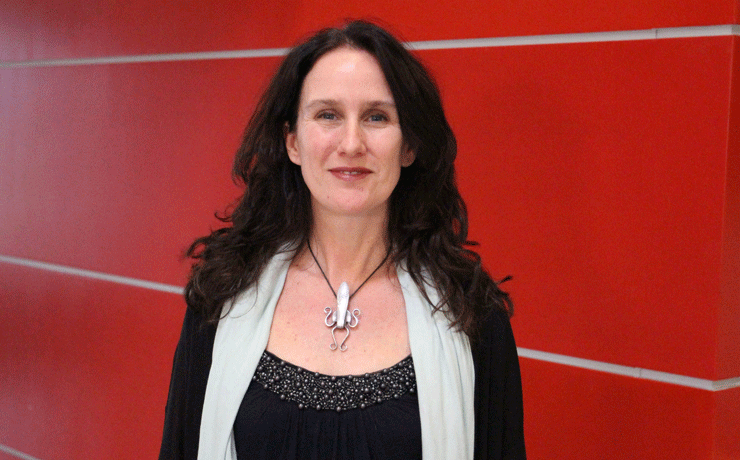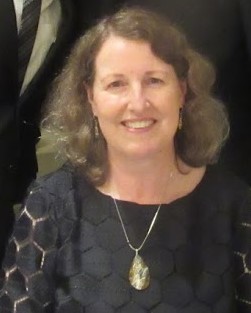Confirmed Invited Speakers
Theo Hermans (London)

Theo Hermans (London)
Theo Hermans is Emeritus Professor of Translation Studies at University College London (UCL), a member of the Flemish Academy, an Honorary Research Fellow at the University of Manchester and an Honorary Professor at Beijing Foreign Studies University. His monographs include The Structure of Modernist Poetry (1982), Translation in Systems (1999, reissued as a Routledge Translation Classic in 2020) and The Conference of the Tongues (2007). He is the editor of The Manipulation of Literature (1985), The Flemish Movement (1992), Crosscultural Transgressions (2002), Translating Others (2 vols., 2006) and A Literary History of the Low Countries (2009).
Christopher Rundle (Bologna)

Christopher Rundle (Bologna)
Christopher Rundle is a tenured researcher in Translation Studies at the Department of Interpreting and Translation of the University of Bologna, Italy. He is also Honorary Research Fellow in Translation and Italian Studies at the School of Arts, Languages and Cultures of the University of Manchester, UK. His main research interests lie in the history of translation, in particular translation and fascism. He is the author of the monograph Publishing Translations in Fascist Italy (Peter Lang, 2010), and co-editor with Kate Sturge of the volume Translation Under Fascism (Palgrave Macmillan, 2010). He is also the editor of the recent Special Issue of The Translator (Vol. 20 No.1, 2014) on Theories and Methodologies of Translation History. He is the editor of the forthcoming Routledge Handbook of Translation History, and co-editor with Federico Zanettin of the forthcoming Routledge Handbook of Translation Methodology. He is the coordinating editor of the online translation studies journal inTRAlinea.
Michele Troy (Hartfort, Connecticut)

Michele Troy (Hartfort, Connecticut)
Michele Troy is Professor of English at Hillyer College at the University of Hartford and Director of the Presidents’ College, the University’s lifelong learning program. She got the transatlantic modernism bug early in her career, when she became fascinated with the question of how French and German critics framed Anglo-American modernism for continental audiences in the 1920s and 1930s. Through this research, she stumbled across the Albatross Press, which swept her up for the better part of a decade. Her book, Strange Bird: The Albatross Press and the Third Reich (Yale UP 2017) tells how the Nazi regime tolerated the Albatross press—for both economic and propaganda gains—and how Albatross exploited its insider position to keep Anglo-American books alive under fascism. She is looking forward to seeing the German translation appear in Spring 2022 with the Europa Verlag. In 2019, she received a Fulbright to Germany to pursue two further projects on Anglo-American books in the German context: the first, an in-depth contribution on the German book trade under the American Occupation 1945-1949 for the series Die Geschichte des deutschen Buchhandels im 19. und 20. Jahrhundert (forthcoming De Gruyter/Historische Kommission des Börsenvereins); the second, research into Seven Seas Books, which produced English-language paperbacks out of East Berlin in the 1950s and 1960s.
Abstract:
Where Translation Hides: The Albatross Press’s Secret Plan to Infiltrate the European Translation Market
Where historical actors and institutions reach across borders, we find translation everywhere. The story of the Albatross Press is no exception. From its beginnings in 1932, it was a “strange bird”: a cultural outsider to the “Third Reich” but an economic insider. It was funded by British-Jewish interests. Its director was rumored to work for British intelligence. A precursor to Penguin, it distributed both middlebrow fiction and works by edgier modernist authors such as D.H. Lawrence, Virginia Woolf, James Joyce, and Ernest Hemingway to eager continental readers. Yet Albatross printed and sold its books from the heart of Hitler’s “Reich.”
What is little known is that the Albatross Press also had ambitions to invade the market for translations in 1930s Europe. Its brilliant directors had the insight: if books were already crossing borders in English, why not in translation, too? Before the war, as the threat of fascism spiked, Albatross partnered with Italian publishing great, Mondadori, and independently built up other translation programs in German and French; after the war, its director concocted a grand scheme to dominate the market for translations of Anglo-American books into multiple languages. Was this a pipe dream? Or a masterful strategic bid to secure Anglo-American culture an enduring toe-hold in a highly destabilized Europe? Join in an informal presentation and discussion with Professor Michele Troy to find out why translation was such a politically hot topic in the decades surrounding the war.
Judy Wakabayashi (Kent State University)

Judy Wakabayashi (Kent State University)
Abstract:
Identifying, analyzing and interpreting sources of translation history
This talk introduces some familiar and perhaps not-so-familiar primary and secondary sources of potential interest and relevance to translation historians--from manuscript and print sources through to digitized and born-digital sources. Rather than focusing on sources relating to the translation history of any specific culture, the emphasis is on genres or categories of sources that can be found in many cultures, including sources that have often been overlooked by translation historians. These are particularly germane to the sociocultural aspects of translation history, as distinct from textual analyses. After suggesting a range of sources, the talk will touch on some methodological aspects involved in analyzing and interpreting different sources of translation history.
